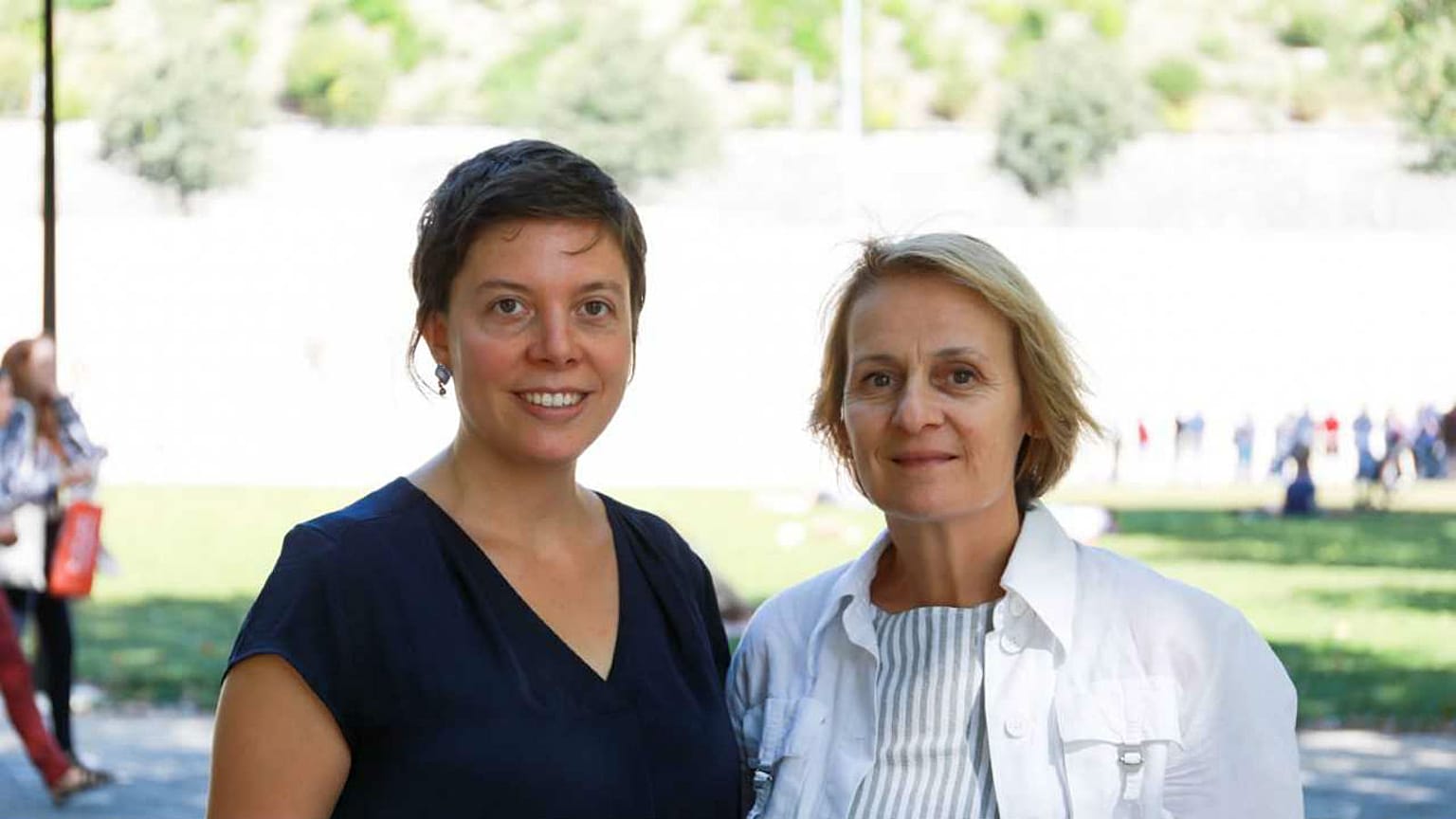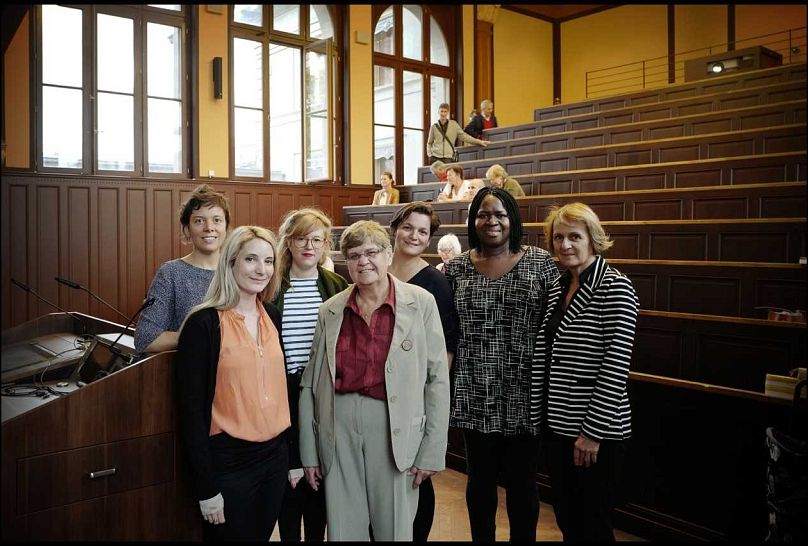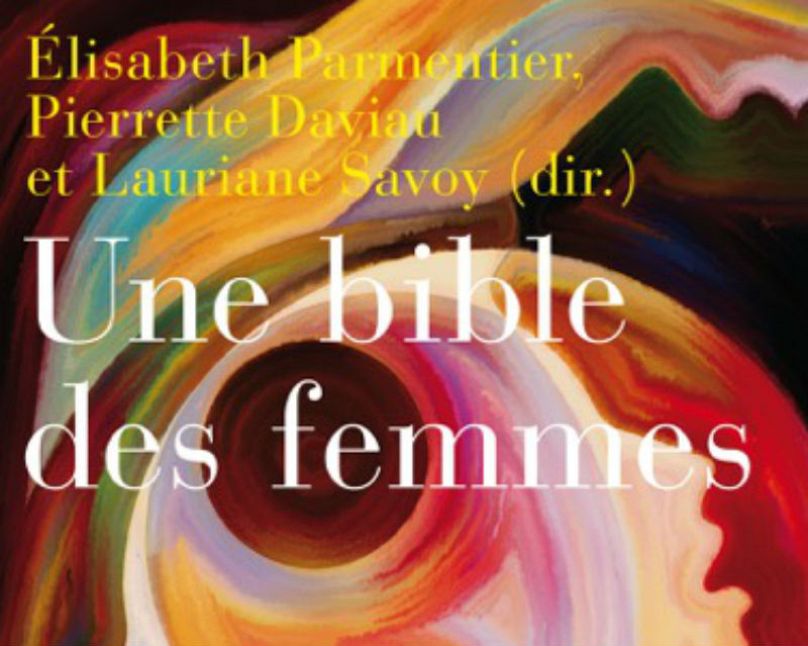Around twenty Protestant and Catholic theologians from many different continents and different ages came together to publish the alternative book which shows women in different Bible texts in a new light.
Two female professors from Geneva University have joined theologians from around the world in creating a new take on the bible, which seeks to show women mentioned in the holy text in a new light.
Elisabeth Parmentier, a professor at Geneva University's Faculty of Theology, said around 20 Protestant and Catholic theologians from different continents came together to produce the alternative book.
She told Euronews they were inspired to take the action because they were tired of seeing the bible "legitimise" a “submission of women.”
But, she stressed, "this is a book not just for women but for men too."
Women from four generations ranging from 30-years-old to over 70-years-old, from Quebec, Switzerland, France, Africa, Belgium, and Germany all came together to help with the book.
Elisabeth Parmentier said, “Our older women are the most powerful of feminists, and are the strongest women in feminism. The younger people are also strong feminists and this is interesting because it shows we have to again take-up women’s liberation today."
"We have come back to those old stereotypes which makes our looks more important than wisdom and also the liberation of sexual harassment. So we really have to fight again. It’s a difficulty.”
She said the book wasn’t really a bible, but adds, “It’s more a series of commentaries on biblical texts used in the past for the domestication of women. We wanted to show that bible text was very empowering for women, even those (texts) which were considered to silence women or domesticate women.”
“For example, in Gospel of Luke, there’s the famous story of Martha and Maria, the two sisters. Jesus visits them and Martha was serving the meal and Maria was sitting at the feet of Jesus and listened to his words and this text was used to show that women one side are to serve and the other to be silent and listen to words of the church."
"Actually, if you read the text in Greek, the verb is not serving, the word is holding a service which can also be doing the ministry, like a deacon. In the Greek original, Martha is not serving a meal and that she could be serving communion. That she’s not just a housewife but could be a disciple who has a responsibility to serve in the church.”
Asked why did men translate the bible to make women subservient, Elisabeth said, “When Christianity became an institution and a reality in society, the men especially wanted the roles of women to be the same in the society in early times, so that you see the power of the movement of Christianity was domesticated by the culture.”
She said it was too dangerous at the time to allow women a voice as it was not acceptable in the culture and would have changed the models of behaviour.
She adds, “It could not be accepted that women were free people," and makes a comparison with the slave trade.
"It was accepted in society and it was only later when everyone’s consciousness showed that they had dignity and that slaves were not inferior. It was dangerous before.”
“It's nothing new, but now we think that women must know this. The bible is no longer an instrument to help dominate them. It’s not right and we want the bible to be known in another way as it’s empowering for women.”
“We want to share it with people who do not know the bible. It’s not for specialists. It’s for people who don’t know the bible to let them know that we must look at it in another way.”

















